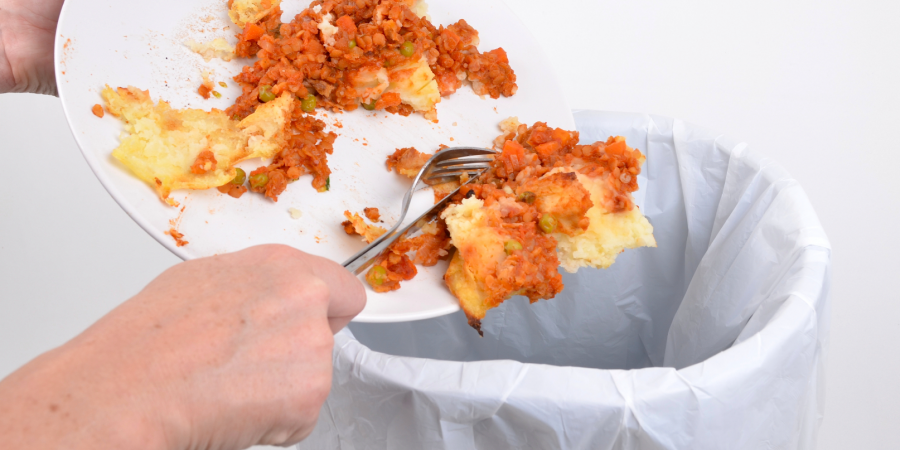

Food waste is a significant issue affecting our planet. Every year, tons of perfectly edible food end up in landfills, contributing to environmental problems and squandering resources. Understanding the impact of food waste is crucial in fostering a more sustainable future.
According to a United Nations estimate, around 17% of food wasted in households, restaurants, and retailers annually weights more than 900,000 tonnes.Meal planning is one of the most efficient techniques to decrease food waste. When you know what you're planning to prepare, you only buy what you'll need. This lowers the likelihood of food rotting before you use it.
Unfortunately, many individuals have grown accustomed to wasting food by overbuying at the grocery store, leaving fruits and vegetables to decay, or ordering more than they can eat.
These practices aggravate the strain on natural resources and harm the ecosystem. When we squander food, we also waste labour, effort, money, and precious resources used in the production process, such as water, seeds, and feed. We also squander the resources required for shipping and processing. In summary, food waste increases greenhouse gas emissions and exacerbates climate change.
This is a significant issue, as huge amounts of edible food are lost or wasted every day throughout the world. Globally, around 14% of food is wasted from harvest to retail, with waste at both the retail and consumer sectors being a serious concern.
Food loss is the amount of food lost between harvest and retail, whereas food waste is the amount squandered during retail or consumption. Understanding this divide allows everyone, from farmers to producers, customers, and merchants, to contribute to the solution.
People can also make a meal plan and grocery list and stick to it to avoid impulse purchases. This not only reduces food waste, but also saves money! Let us store food intelligently, positioning older purchases outward and fresh ones within cupboards or refrigerators.
People may limit food waste by eating fewer quantities at home or sharing larger dishes while dining out. If folks don't eat all of the food we made, they can freeze it or use it as a topping on another dinner.
Food leftovers do not have to be thrown away; instead, they may be composted to replenish nutrients in the soil and reduce our carbon footprint. Let us also appreciate food by learning how it is created, reading about it, and getting to know producers.If you found this post helpful, please give it a heart ❤️ and leave a comment below!
Given that millions of people throughout the world still go hungry every day, decreasing food loss and waste is critical.
